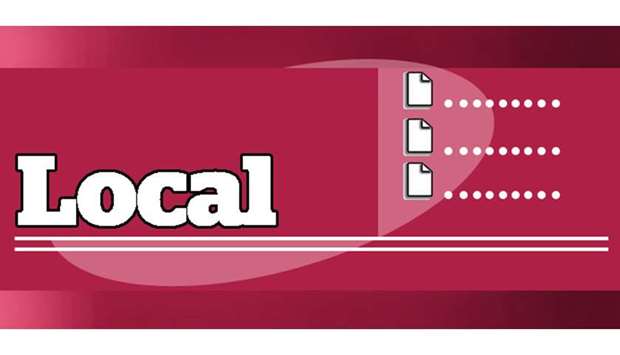Qatar Diabetes Association ( QDA) has issued an advisory for diabetics who fast during the holy month of Ramadan.
According to QDA, people with diabetes should frequently do a blood sugar test, especially in the first week of Ramadan to ensure their blood sugar level is in the desired range.
The blood sugar test does not invalidate fasting.
If people feel any symptom of low blood sugar, or if the blood sugar test result is less than 70 mg/dl, break the fast immediately.
To avoid dehydration and protect the kidneys when living with diabetes, diabetics should drink plenty of water between Iftar and Suhoor.
Food items such as juices, dates, pastries and desserts cause a sharp increase in blood sugar level. So try to avoid them or control the intake.
Family support during Ramadan is very important that is why it is advisable for the whole family to adopt healthy food choices and maintain an active lifestyle.
Carbohydrates affect blood sugar levels the most and be aware of the amount consumed in order to avoid a high effect on blood sugar.
Carbohydrates are found in rice, pasta, bread and pastries, starchy vegetable, legumes and pulses, fruits and fruit juices, sweet beverages and desserts.
Food with excessive amount of fat, such as fried food and desserts cause a prolonged rise in blood sugar increase.
Try to make the meals less fatty.
People with diabetes who use insulin injection are advised by medical and religious leaders not to fast – especially children and pregnant women – to avoid any risk of acute complications.
People with diabetes are encouraged to discuss with their physician the right steps to take when fasting.
Generally those who use medication or diet therapy and have a stable blood sugar level can fast safely by following physician advise and monitoring blood sugar more frequently.
To remain well hydrated it is preferable to decrease the intake of beverages with caffeine (coffee, tea, and soft drinks) which might increase the frequency to urinate.
To reduce the risk of low blood sugar during the fasting day, Suhoor meal must include protein such as cheese, yoghurt and egg and food items that are rich in fibres, such as: oats, beans, lentils, chickpeas.
Vegetables are healthy and low in calories with a good effect on blood sugar.
Include it in every meal or snack.
Keep portions small to moderate to avoid weight increase during Ramadan.
People with diabetes should always test their blood sugar before driving, especially while fasting to make sure they don’t have a low blood sugar.
Avoid physical activity during fasting hours, especially before Iftar time, and avoid sleeping for a long time while fasting, especially in the afternoon period and before Iftar time.
Remember to delay the Suhoor meal as much as possible, to avoid having a low blood sugar during fasting hours.
Always carry glucose tablets, juice or candy to quickly treat low blood sugar while praying Tarawih at the mosque.
Diabetics are advised to maintain the blood sugar level between 100 – 200mg/dl during fasting hours to avoid hypoglycemia and hyperglycemia.

